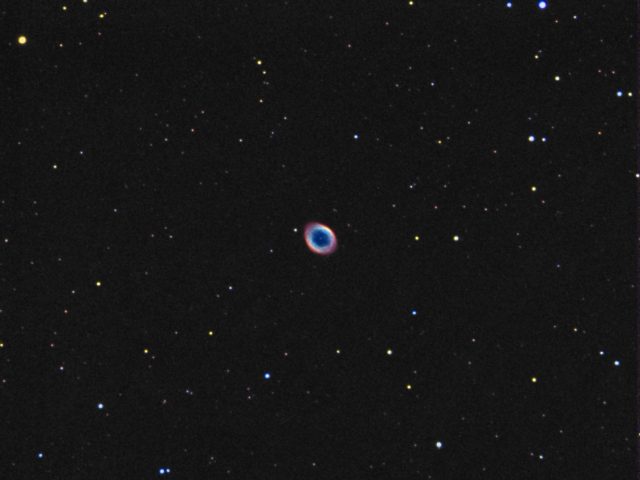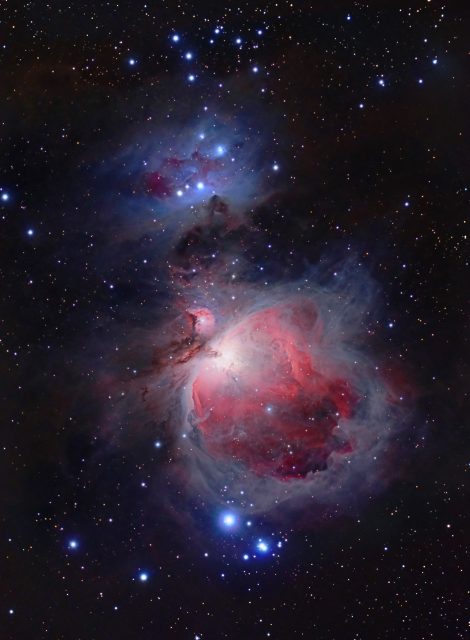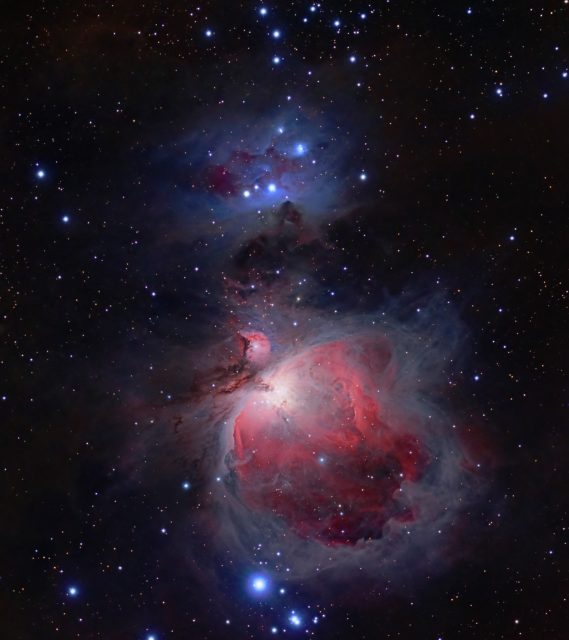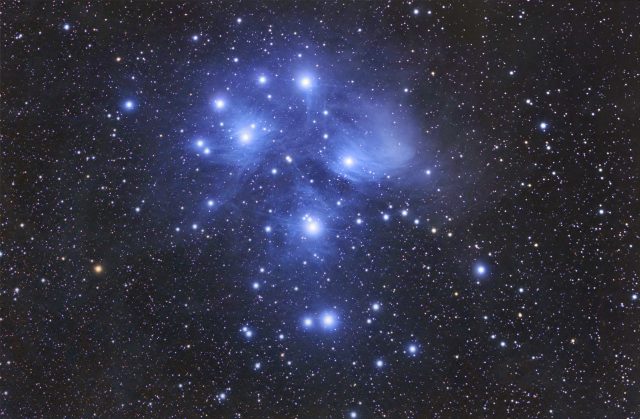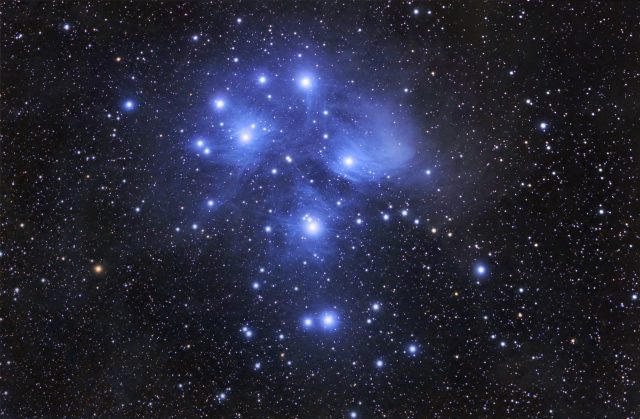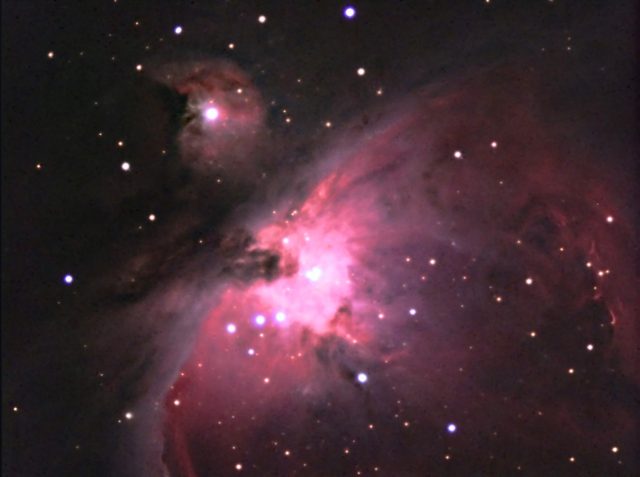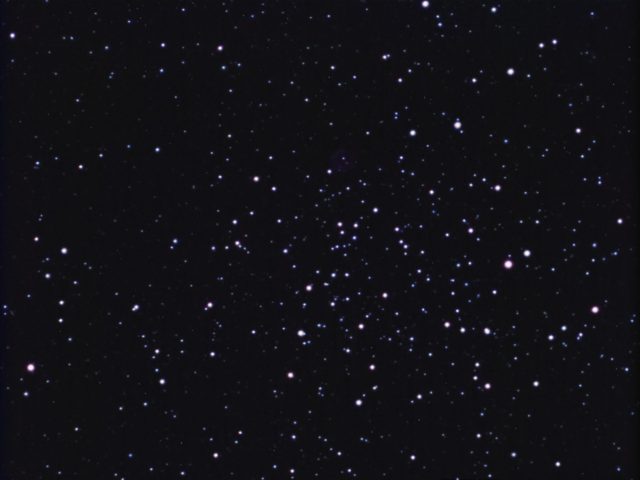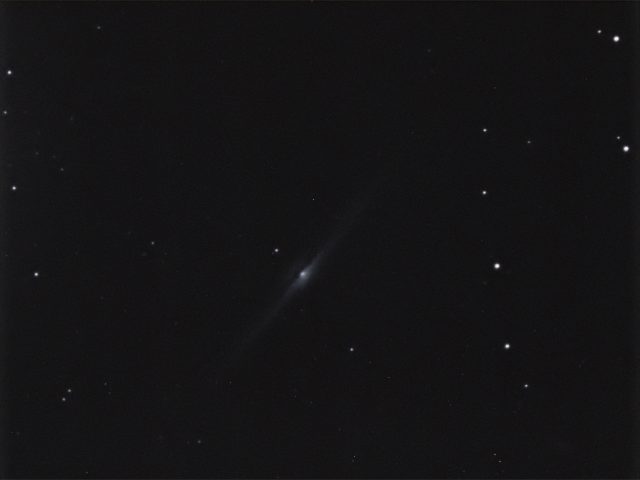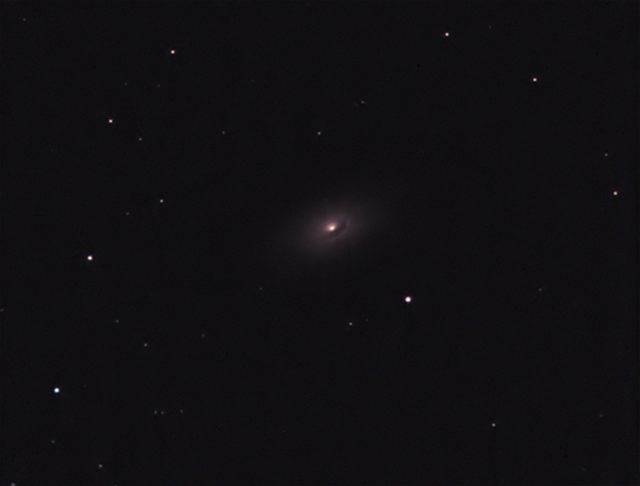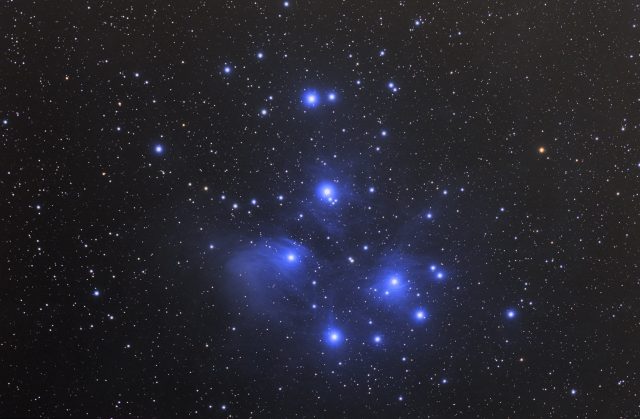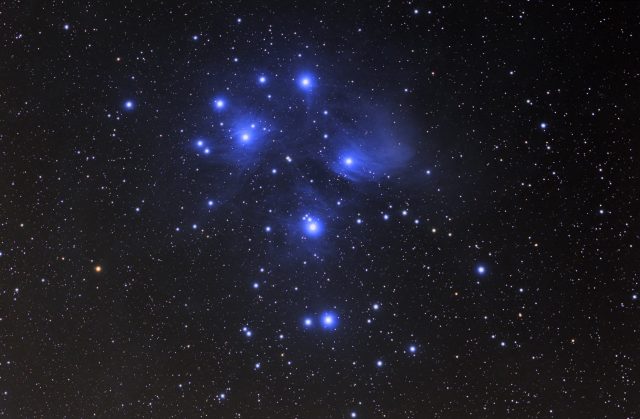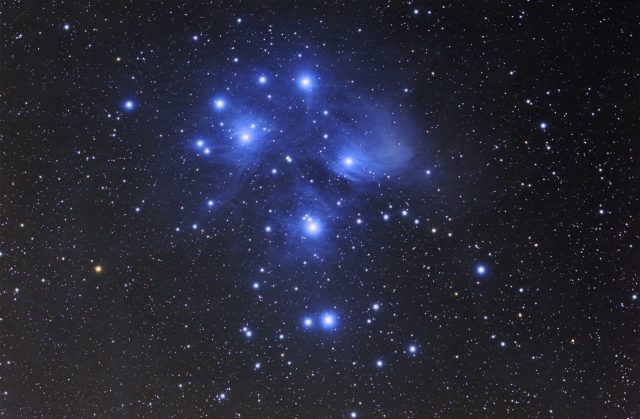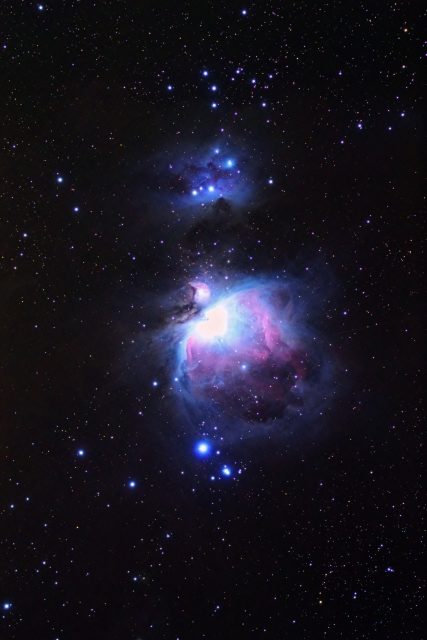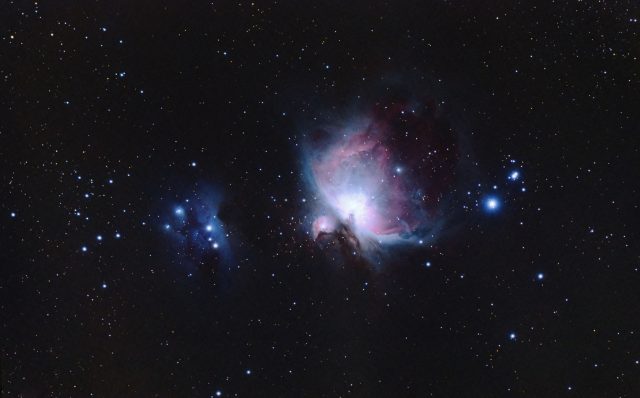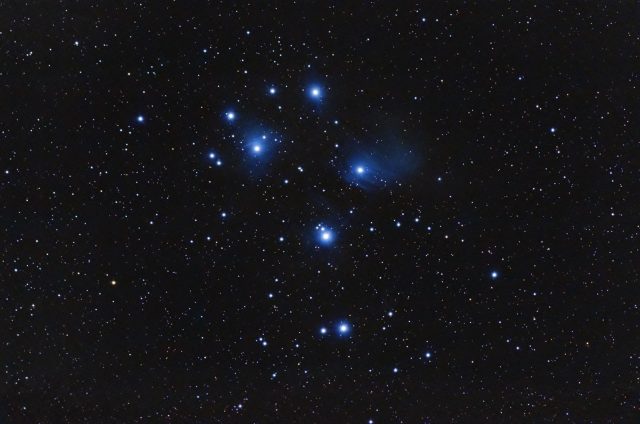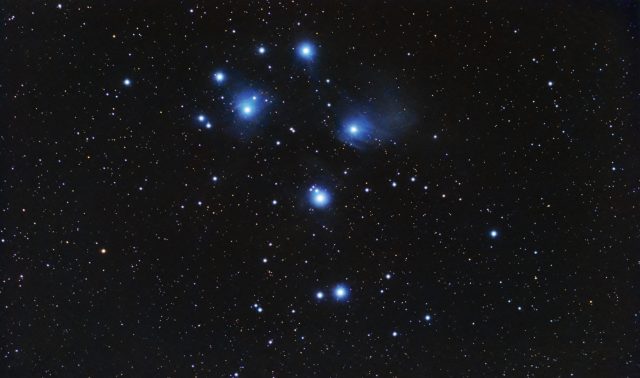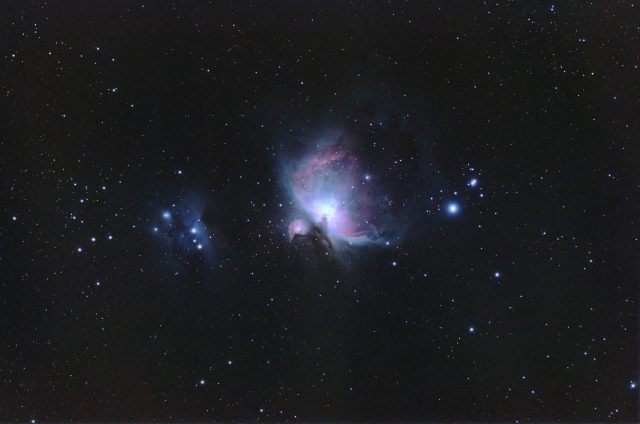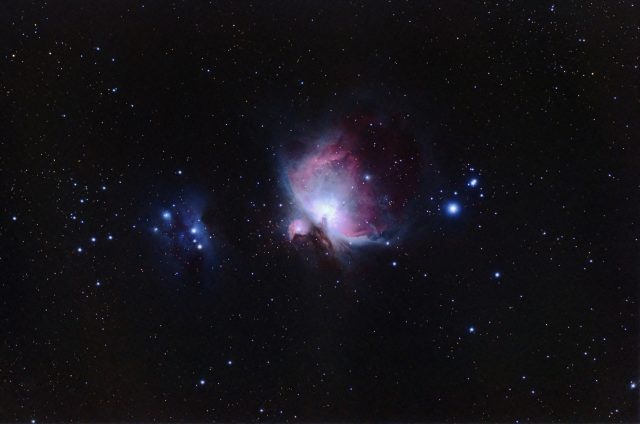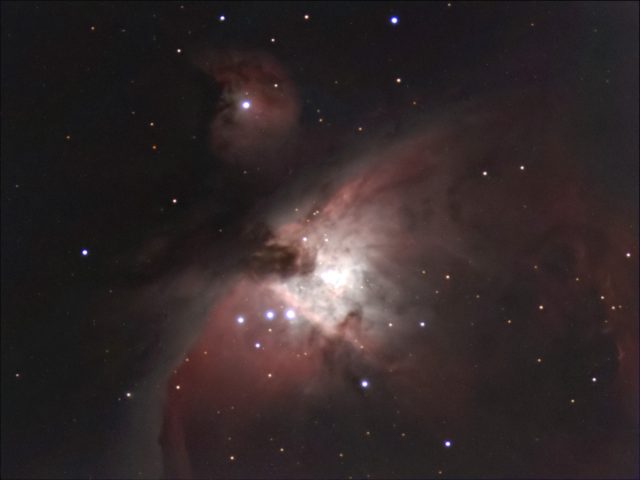
The target of choice, if it is available, is always M42 when you have some new astrophotography gear to try. I went after it as my first object of the night for this session. I missed it the previous night which was first light for the new RisingTech Sony IMX224 camera because my mount was being a pain when trying to get it aligned and pointing accurately.
This was captured in the RisingTech (RT) version of ToupSky, the software that comes with all ToupTek cameras. RT has it re-branded and calls it RisingSky. lol. I installed it, even though I already had ToupSky installed.
One thing it has that the regular download of ToupSky doesn’t have is Live Stack. It is similar to what SharpCap does and the main reason why I was using that program instead of ToupSky when I imaged with the ToupTek Aptina AR0130 camera.
It does a decent job of stacking when the stars are bright, not so decent when they are dim. About the same as SharpCap. That’s why others are using AstroToaster to live stack, since it uses DeepSkyStacker as its backend, which is more powerful than the ToupTek offering and has better calibration support.
My only gripe about RisingSky is the TIFF save and export supports only 8-bit, and I used that instead of FITS when I saved. My bad for not checking first. The post processing would have went better if I had 16-bit to start with. Live and learn, as they say.
The next night after the above image was taken, I tested the camera shooting with a 0.8X focal reducer for F/5.6. It definitely made a difference in the speed and I got more nebula with less exposure time. Plus, the field of view was wider:
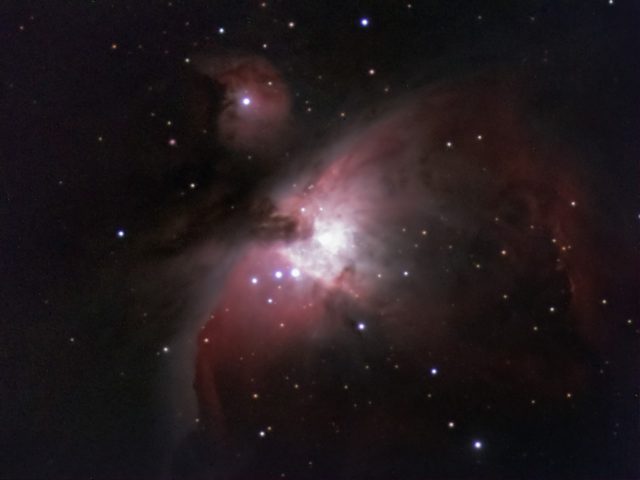
The F/5.6 setup is also better since the camera is screwed onto the focal reducer with a T to C adapter. At F/7, I had to use an 2 inch extension with a regular eyepiece holder and leave it and the camera hanging out of the focuser a ways to even reach focus. So, there is less chance of misalignment or something slipping out of place with the reducer and T to C adapter.
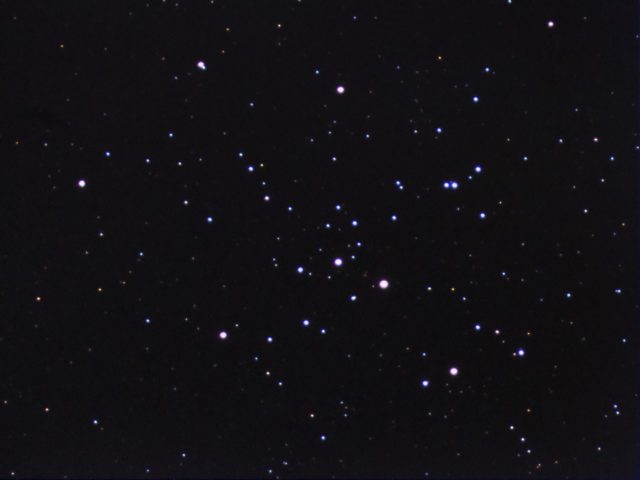
In addition to M42, I also got some time on M41, which is an open cluster in the constellation Canis Major, next door to Orion. Open clusters are too easy with this setup. I can’t wait to try it on some globular clusters!

